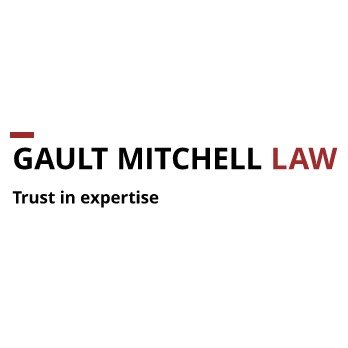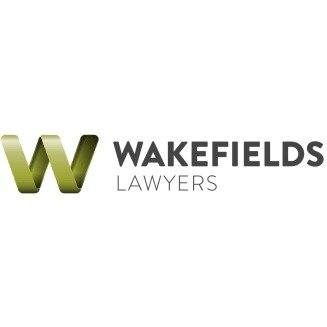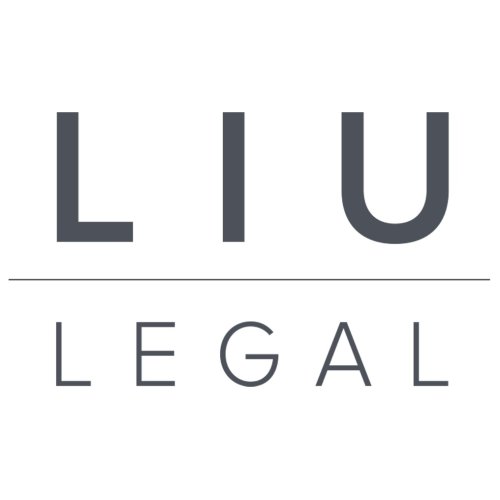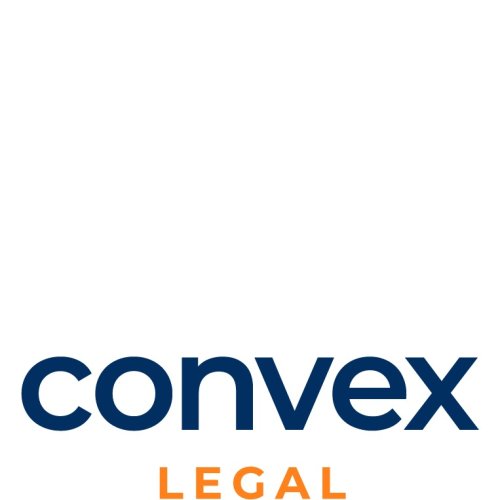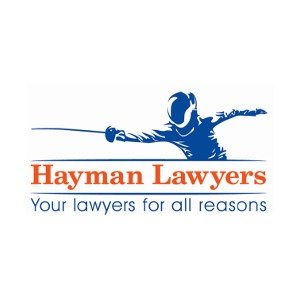Best Commercial Litigation Lawyers in Wellington
Share your needs with us, get contacted by law firms.
Free. Takes 2 min.
List of the best lawyers in Wellington, New Zealand
About Commercial Litigation Law in Wellington, New Zealand
Commercial litigation is a broad area of law that deals with disputes arising in the business and commercial contexts. In Wellington, New Zealand, commercial litigation encompasses the legal processes involved in resolving business disputes through negotiation, mediation, arbitration, or court proceedings. Examples of such disputes include breaches of contract, partnership disagreements, shareholder issues, consumer claims, and disputes involving the sale or purchase of goods and services. Wellington, as the capital city, is home to a diverse business environment where commercial litigation can play a pivotal role in supporting fair and lawful business activities.
Why You May Need a Lawyer
Engaging a lawyer skilled in commercial litigation can be crucial in a variety of scenarios, such as:
- You are involved in a business dispute which cannot be resolved through direct discussion. - Your company faces claims of breach of contract or is accused of not fulfilling contractual obligations. - You need to recover a business debt or defend against a claim for money owed. - Disputes have arisen between business partners or shareholders concerning control or financial interests. - Intellectual property, trademark, or copyright issues affecting your business operations. - Employment disputes within a commercial setting. - You have suffered loss due to professional negligence or misrepresentation by another party. - Your business is facing regulatory or compliance investigations. A qualified commercial litigation lawyer can provide objective advice, protect your interests, assess your legal position, and represent you in negotiations, mediation, or court.
Local Laws Overview
In Wellington, commercial litigation is governed by a combination of statutes, regulations, and case law specific to New Zealand. Key aspects include:
- Contract Law: The Contract and Commercial Law Act 2017 is central to resolving contractual disputes. - Court Hierarchy: Disputes may be resolved in the District Court, High Court, or sometimes specialized tribunals depending on the nature and value of the claim. - Alternative Dispute Resolution (ADR): Parties are encouraged to explore mediation and arbitration before resorting to litigation. - Company Law: The Companies Act 1993 governs disputes between shareholders and directors. - Consumer Protection: The Fair Trading Act 1986 and Consumer Guarantees Act 1993 provide remedies for unfair conduct and faulty goods or services. - Evidence and Procedure: The Evidence Act 2006 and High Court Rules set out how evidence must be presented and how court proceedings are conducted. Legal practitioners in Wellington are well-versed in these laws and how they are applied in local contexts.
Frequently Asked Questions
What is commercial litigation?
Commercial litigation involves legal disputes between businesses or individuals relating to business activities. It includes breaches of contract, partnership disputes, and other conflicts arising from commercial transactions.
Do I have to go to court for commercial disputes?
Not always. Many disputes are resolved through negotiation, mediation, or arbitration before reaching court. However, court proceedings may be necessary if other resolution methods fail.
What does a commercial litigation lawyer do?
A commercial litigation lawyer provides strategic advice, helps prepare documents, negotiates on your behalf, and represents you before the courts or other dispute resolution forums.
How long does the commercial litigation process take?
The length of a case can vary greatly depending on complexity, court schedules, and the willingness of parties to settle. Some disputes can be resolved in weeks through mediation, while others can take years if they proceed to trial.
What costs are involved in commercial litigation?
Costs include lawyer’s fees, court fees, expert witness expenses, and other related charges. Your lawyer should provide an estimate and keep you informed about potential costs and payment arrangements.
Can I recover my legal costs if I win?
In many cases, the successful party can recover some legal costs from the losing party, but not always the full amount. The court usually decides on the allocation of costs at the end of proceedings.
What should I bring to my first meeting with a lawyer?
It is helpful to provide all relevant documents, including contracts, correspondence, invoices, and records of communication related to the dispute.
Are there time limits for starting a commercial litigation case?
Yes, strict timeframes apply, known as limitation periods. For most contract disputes in New Zealand, the standard limitation period is six years, but this can vary depending on the case type.
What if the other party is based overseas?
New Zealand courts can handle international commercial disputes, although additional rules about jurisdiction and the service of documents may apply.
Can disputes be settled out of court?
Yes, most commercial disputes can be resolved through settlement discussions, mediation, or arbitration, which are often faster and less costly than court proceedings.
Additional Resources
- New Zealand Law Society: The national body for legal practitioners can help you find accredited commercial litigators. - Wellington District Court and High Court: Local courts where commercial litigation is often heard. - Citizens Advice Bureau: Provides preliminary information on commercial disputes and referrals. - Community Law Wellington and Hutt Valley: Offers free legal advice for qualifying individuals and small businesses. - Ministry of Business, Innovation and Employment (MBIE): Offers educational resources on business laws and dispute resolution.
Next Steps
If you believe you may require legal assistance in a commercial dispute, consider these steps:
1. Gather all relevant documents and correspondence related to the dispute. 2. Prepare a clear summary of the issue, key events, and desired outcome. 3. Seek initial advice from a lawyer experienced in commercial litigation in Wellington. 4. Discuss your options, including alternative dispute resolution methods. 5. Be proactive in responding to notices, legal correspondence, or court documents. 6. Follow your lawyer’s guidance on the steps needed to best protect your interests. Engaging the right legal support early on can help manage risk, reduce costs, and support a favorable resolution for your commercial dispute.
Lawzana helps you find the best lawyers and law firms in Wellington through a curated and pre-screened list of qualified legal professionals. Our platform offers rankings and detailed profiles of attorneys and law firms, allowing you to compare based on practice areas, including Commercial Litigation, experience, and client feedback.
Each profile includes a description of the firm's areas of practice, client reviews, team members and partners, year of establishment, spoken languages, office locations, contact information, social media presence, and any published articles or resources. Most firms on our platform speak English and are experienced in both local and international legal matters.
Get a quote from top-rated law firms in Wellington, New Zealand — quickly, securely, and without unnecessary hassle.
Disclaimer:
The information provided on this page is for general informational purposes only and does not constitute legal advice. While we strive to ensure the accuracy and relevance of the content, legal information may change over time, and interpretations of the law can vary. You should always consult with a qualified legal professional for advice specific to your situation.
We disclaim all liability for actions taken or not taken based on the content of this page. If you believe any information is incorrect or outdated, please contact us, and we will review and update it where appropriate.



